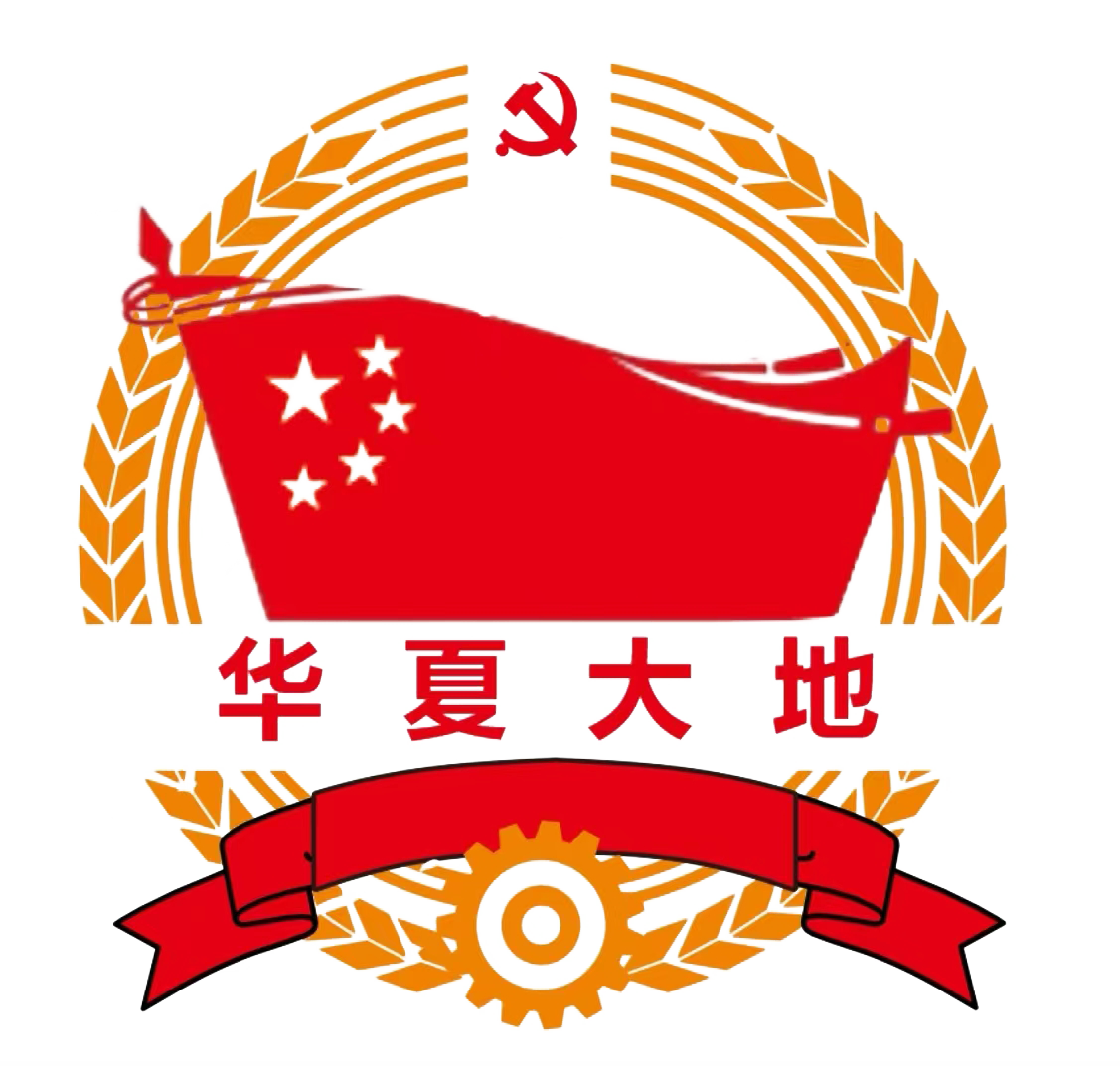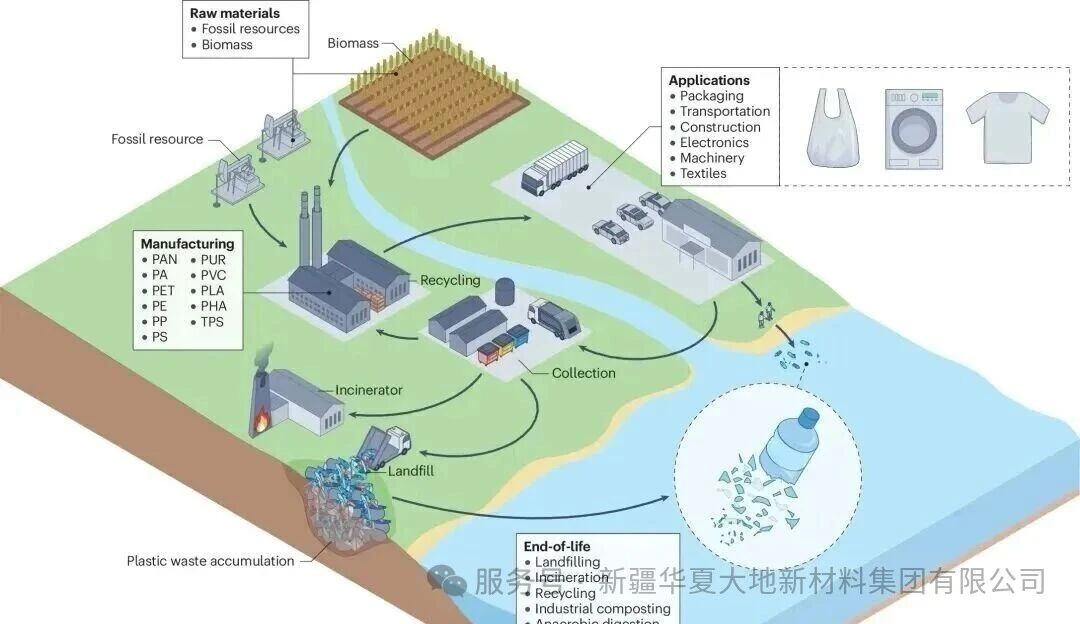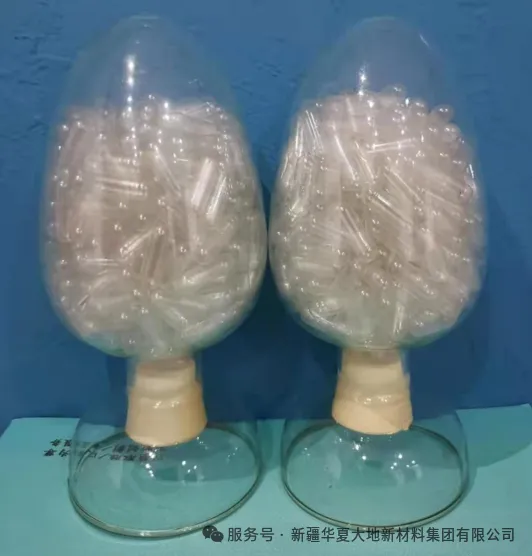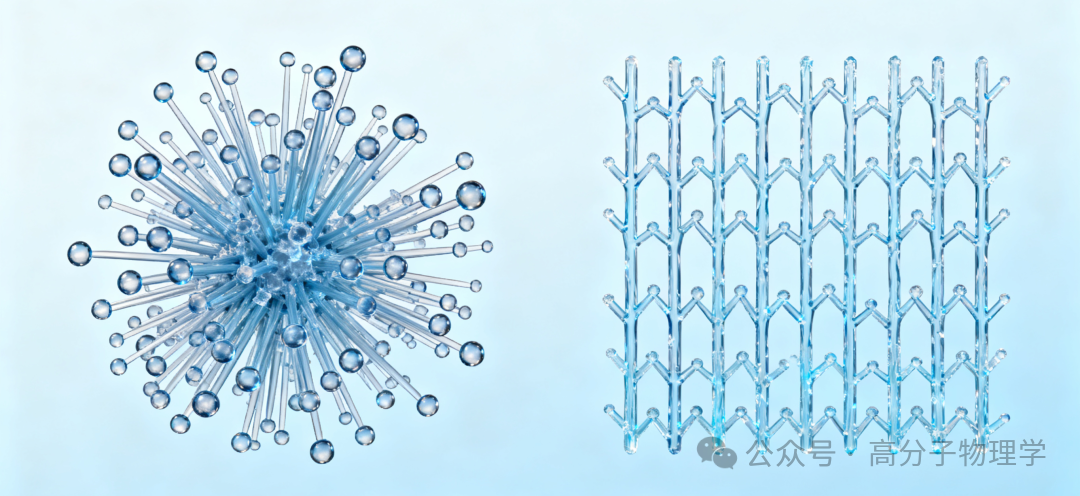On December 13, the Ministry of Industry and Information Technology, the Ministry of Ecology and Environment, the Ministry of Emergency Management, and the National Standardization Administration jointly issued the "Action Plan for the Optimization and Upgrading of Raw Material Industry by Improving Standards (2025-2027)". The plan proposes that by 2027, the standard system that leads the raw material industry to develop with higher quality, better efficiency, better layout, greener and safer will be gradually improved, the standard working mechanism will be more sound, and the standard technology level that promotes the deep transformation and upgrading of traditional industries and the innovation and development of new materials industry will continue to improve. The plan defines six main tasks: to carry out the optimization of the standard system construction, accelerate the development of digital transformation standards, promote the construction of green and low-carbon standards, strengthen the cultivation of new material product standards, consolidate the safety and quality foundation of industry standardization, and strengthen the implementation and application of standards. Important excerpts are as follows: Promoting the construction of green and low-carbon standards focuses on low-carbon technology, carbon emission reduction, green products, etc., adheres to the guidance of standards and orderly improvement, promotes the large-scale equipment renewal of key raw material industries, and guides the transformation and upgrading of traditional industries. We will focus on developing carbon emission accounting methods for key emission units in petrochemical, steel, non-ferrous metals, building materials and other industries. We will accelerate the revision of standards for new green products such as green building materials and bio-based materials and the general rules for the evaluation of green industrial parks, green factories, and green products, and continue to promote the development of evaluation standards for green factories and green products. Focus on the revision of waste chemicals disposal and comprehensive utilization, bulk waste salt and acid, waste plastics, waste tires and other waste resource utilization, bio-based materials, green manufacturing, energy and water conservation standards. Strengthen the cultivation of new material product standards to promote the high-quality development of key industrial chains, highlight the close integration of application scenarios and industrial research and development, and simultaneously promote the development and implementation of key standards. Strengthen collaborative innovation in the industrial chain, encourage cross-industry applications, and formulate a number of key advanced basic material standards with strong versatility. Adhere to application traction, focusing on key areas such as biomedicine, shipbuilding and Marine engineering, and new energy, and accelerate the transformation of a number of innovative achievements into key strategic material standards. Advanced basic materials. Focus on Marine engineering steel, special equipment steel, steel structural construction steel, high temperature alloys, corrosion resistant alloys, advanced aluminum magnesium copper titanium nickel and other non-ferrous metals, special welding materials, high-performance resins, high-performance synthetic rubber, functional membrane materials, electronic chemicals, degradable materials, advanced inorganic non-metallic materials, ultra-tough ceramic materials, high-performance fibers and products, high-performance fibers Composite materials and other advanced basic materials standards revision. Key strategic materials. Focus on ultra-high purity metal and alloy targets/evaporators, shape memory alloys, high-end polyolefin, electronic gas separation membrane materials, battery membrane materials, optical membrane materials, photovoltaic membrane materials, bio-based new materials, special coatings, special adhesives, new catalysts, high-end reagents, rare earth hydrogen storage materials, rare earth magnetic materials, rare earth optical functional materials, reflective glazes, new energy Composite metal materials, new energy battery materials and other key strategic material standards revised. In the next step, the Ministry of Industry and Information Technology will work together with relevant departments, regions and industry organizations to strengthen work coordination, strengthen guidance services, and firmly promote the implementation of various tasks of the action plan and achieve actual results, promote the effective improvement of the raw material industry in quality and reasonable growth in quantity, and build solid support for the development of new quality productivity, promote new industrialization, and accelerate the construction of a manufacturing power.
The full text is as follows:
Notice on the issuance of the Action Plan for the Optimization and Upgrading of the Raw Material Industry by Raising Standards (2025-2027)
Ministry of Industry and Information Technology Department (2024) No. 235
Provinces, autonomous regions, municipalities directly under the Central Government and cities separately listed in the plan, Xinjiang Production and Construction Corps industry and information technology departments, Ecological environment department (bureau), emergency management department (bureau), market supervision bureau (office, committee), relevant industry associations, central enterprises, standardization technical organizations, standardization professional institutions:
In order to implement the requirements of the "National Standardization Development Outline", the "14th Five-Year Plan" for the Development of Raw material Industry, and the Implementation Plan for the New Industry Standardization Pilot Project (2023-2035), it is necessary to lead the high-end supply of raw material industry, rationalization of structure, green development, industrial digitalization, and system security development with the improvement of standards. The Ministry of Industry and Information Technology, the Ministry of Ecology and Environment, the Ministry of Emergency Management, and the National Standardization Administration organized the preparation of the Action Plan for the Optimization and Upgrading of Raw Material Industry by Raising Standards (2025-2027). It is hereby issued to you, and please implement it in the standardization work according to the actual situation of this region, this industry and this field.
Ministry of Industry and Information Technology Ministry of Ecology and Environment Emergency Management National Standardization Management Committee
December 13, 2024
The improvement of standards leads the raw material industry to optimize and upgrade action plans
(2025-2027)
Raw material industry is the basic industry supporting the development of national economy, is the main force of industrial base reconstruction and the main battlefield of industrial green development. Standards play a fundamental and leading role in the development of the raw material industry. After years of development, China's raw material industry has established a relatively perfect standard system, and the quality of standard supply has continued to improve, providing good support for industrial transformation and upgrading, transformation of innovation achievements, and capacity building of industrial chain and supply chain security. Facing the new requirements of developing new quality productivity and promoting new industrialization, China's raw material industry still has a large room for improvement in the aspects of standard management coordination, standard supply level, and standard implementation effect. In order to implement the requirements of the National Standardization Development Outline, the 14th Five-Year Plan for the Development of Raw Material Industry, and the Implementation Plan for the New Industry Standardization Pilot Project (2023-2035), this plan is formulated to lead the high-end supply of raw material industry, rationalization of structure, green development, industrial digitalization, and system security development with the improvement of standards.
I. General requirements
According to the idea of "lack of standard supplement, low standard upgrade, excellent standard transfer, and standard implementation", accelerate the construction of a standard system leading the high-quality development of the raw material industry, with digital transformation, green and low-carbon, and the growth of the new material industry as the focus, and accelerate the development of key urgent standards; To ensure the safety of human health, life and property, and ecological and environmental safety, we will establish coordinated and unified mandatory national standards, and promote the coordination of recommended national standards and industry standards. With demand traction and benchmarking as the starting point, strengthen the implementation and application of standards, and provide strong support for promoting the optimization and upgrading of the raw material industry, accelerating the development of new quality productivity, promoting new industrialization, and building a manufacturing power.
By 2027, the standard system leading the raw material industry to develop with higher quality, better efficiency, better layout, greener and safer will be gradually improved, the standard working mechanism will be more sound, and the standard technology level will continue to improve to promote the deep transformation and upgrading of traditional industries and the innovation and development of new materials industry.
-- The standard system has been improved. Completion of petrochemical, chemical, steel, non-ferrous metals, building materials, rare earth, gold and other industries standard evaluation and optimization, industry to build a standard system to support the high-quality development of raw material industry.
-- Standard supply capacity has been greatly improved. It has issued and implemented more than 200 digital transformation projects, more than 100 new materials fields and more than 100 green and low-carbon standards, and promoted the establishment of more than 10 mandatory national standards. Revision of more than 500 basic general and quality improvement standards.
-- The implementation and application of standards have been deepened. For the key areas of raw materials such as digital transformation, green and low-carbon, new materials, more than 300 excellent standard application cases and more than 100 typical scenarios are selected.
Ii. Main tasks
1. Improving the standards system. Carry out the evaluation of raw material industry standard system in different industries, and promote the optimization and upgrading of the existing standard system. Focus on high-end, intelligent, green development needs, with the goal of optimizing stock standards, abolish a number of standards that have been replaced, products or technologies have been eliminated, the implementation of standards is poor, the content is not operable, no longer applicable standards; Integrate a number of standards with similar standardized objects, too small standard particles, overlapping standard technical content or different standard classification scales; Revise a number of standards whose scope of application cannot cover new material products, new processes such as green and low-carbon, new technologies such as digital transformation, and technical content that does not meet market demand and does not match upstream and downstream standards; Formulate a number of standards that meet the latest industrial policy requirements such as digital transformation, energy conservation and carbon reduction, industrial technological innovation and industrial development trends. Reasonable layout of material cross-field standards, establish and improve the new material standard system, strengthen the national standards, industry standards, group standards, enterprise standards systematic and collaborative.
2. Accelerating the development of digital transformation standards. Focusing on the needs of research and development, production and manufacturing, operation and management, data security and intelligent equipment development, we will continue to improve the intelligent manufacturing standard system of key raw material industries. We will develop and revise relevant standards for the deep integration of big data, cloud computing, artificial intelligence and other information technologies with the raw material industry. For typical scenarios such as mining, smelting, processing, pipe network optimization, kiln control, etc., we will accelerate the development of basic commonalities, key technologies, and application standards for subdivided industries. We will formulate standards for evaluating the level and effectiveness of digital transformation in key industries such as petrochemicals, steel, non-ferrous metals, and building materials.
Column 1 Digital standards improvement project
Petrochemical and chemical industry. Focus on the development of basic commonalities, key data and model technologies, key application technologies and other digital field standards, priority development and revision of refining, modern coal chemical industry, fertilizer, tire, chlor-alkali, fine chemical industry and new chemical materials and other subdivisions of digital transformation diagnostic evaluation standards, encourage the development of data security standards.
The steel industry. Focus on the development of new generation of information technology application standards such as basic commonality, intelligent equipment, intelligent workshops, intelligent factories, digital green collaboration, industrial chain collaboration, and artificial intelligence, and give priority to the development and revision of key technical standards such as smart mines, smart factories, intelligent testing, collaborative carbon reduction, digital platforms, and data security.
Non-ferrous metal industry. Focus on the development of basic common, intelligent collection, smelting, processing plant and other standards, priority development and revision of data collection, data interaction, data security, digital platform, intelligent equipment, production process optimization, intelligent testing and other key technical standards.
Building materials industry. Focus on the development of basic commonalities, intelligent equipment interfaces, intelligent mines, intelligent factories, smart parks and other standards, and give priority to the development and revision of intelligent services, intelligent enabling technology, integrated interconnection and other standards.
Publish and implement more than 200 digital transformation standards by 2027.
3. Promoting green and low-carbon standards. Focusing on low-carbon technologies, carbon emission reduction, and green products, we will adhere to the guidance of standards and orderly upgrading, promote large-scale equipment upgrading in key raw material industries, and guide the transformation and upgrading of traditional industries. We will develop low-carbon processes such as short-process steel making and hydrogen metallurgy in electric furnaces, as well as standards for related technical equipment and management evaluation, and encourage pre-research on technical standards for coupling green electricity, green hydrogen, petrochemicals, and coal chemical industries. We will focus on developing carbon emission accounting methods for key emission units in the petrochemical, chemical, iron and steel, non-ferrous metals, building materials and other industries, carbon footprint accounting rules for key products such as steel, electrolytic aluminum, cement, urea, hydrogen and other carbon peaking carbon neutral standards, and adopt effective group standards as industry standards or national standards according to procedures. We will accelerate the revision of standards for new green products such as green building materials and bio-based materials and the general rules for the evaluation of green industrial parks, green factories, and green products, and continue to promote the development of evaluation standards for green factories and green products.
Box 2 Green standard upgrade project
Petrochemical and chemical industry. Focus on the revision of waste chemicals disposal and comprehensive utilization, bulk waste salt and acid, waste plastics, waste tires and other waste resource utilization, bio-based materials, green manufacturing, energy and water conservation standards.
The steel industry. Focus on the revision of electric arc furnace short-process steelmaking, hydrogen metallurgy, extreme energy efficiency, near-final rolling, carbon dioxide recovery and utilization standards.
Non-ferrous metal industry. Focus on the revision of non-ferrous metals, rare earth and gold fields green and efficient mining, recycled raw materials, industrial solid waste or by-product resource utilization standards.
Building materials industry. Focus on the revision of the unit product energy consumption quota, "60" demonstration factory evaluation, green building materials evaluation, industrial solid waste and other standards for comprehensive reuse of resources.
By 2027, more than 100 green and low-carbon standards will be issued and implemented.
(4) Strengthen the cultivation of new material product standards. Focus on promoting the high-quality development of key industrial chains, highlight the close integration of application scenarios and industrial research and development, and simultaneously promote the development and implementation of key standards. Strengthen collaborative innovation in the industrial chain, encourage cross-industry applications, and formulate a number of key advanced basic material standards with strong versatility. Adhere to application traction, focusing on key areas such as biomedicine, shipbuilding and Marine engineering, and new energy, and accelerate the transformation of a number of innovative achievements into key strategic material standards. Focusing on the key development guidance catalog of cutting-edge materials industrialization, taking advantage of the fast response speed of standard technology and high efficiency of standard development under the conditions of the domestic super-large-scale market, and carrying out the development of cutting-edge new material standards.
Box 3 New material standard innovation project
Advanced basic materials. Focus on Marine engineering steel, special equipment steel, steel structural construction steel, high temperature alloys, corrosion resistant alloys, advanced aluminum magnesium copper titanium nickel and other non-ferrous metals, special welding materials, high-performance resins, high-performance synthetic rubber, functional membrane materials, electronic chemicals, degradable materials, advanced inorganic non-metallic materials, ultra-tough ceramic materials, high-performance fibers and products, high-performance fibers Composite materials and other advanced basic materials standards revision.
Key strategic materials. Focus on ultra-high purity metal and alloy targets/evaporators, shape memory alloys, high-end polyolefin, electronic gas separation membrane materials, battery membrane materials, optical membrane materials, photovoltaic membrane materials, bio-based new materials, special coatings, special adhesives, new catalysts, high-end reagents, rare earth hydrogen storage materials, rare earth magnetic materials, rare earth optical functional materials, reflective glazes, new energy Composite metal materials, new energy battery materials and other key strategic material standards revised.
Cutting-edge new materials. Focus on metamaterials, superconducting materials, single/double-wall carbon nanotubes, two-dimensional semiconductor materials, negative expansion alloy materials, high entropy alloys, high-performance aerogel thermal insulation materials, metal-organohydride, metal-based single atom alloy catalytic materials, quantum dot materials, advanced optical crystal materials, advanced 3D printing materials, liquid metals, solid state battery materials and other cutting-edge new material standards Yes.
(5) Consolidating the safety and quality foundation of industry standardization. Strengthen the development of basic common standards, key technologies, advanced processes, test methods and other basic general standards, encourage enterprises and institutions to carry out research and development of national standard samples and standard substances, measurement and calibration technical specifications, and constantly improve the basic standard group of raw materials industry. Strengthen the construction of quality standards, systematically promote the development of product specifications, quality traceability, quality classification, quality control capabilities and other standards, and support enterprises to establish production process control and quality control systems. Focusing on key areas such as personal health, life and property safety, ecological and environmental safety, and social and economic management, we will strengthen the development of mandatory national standards for production safety in the steel, non-ferrous metals, and building materials industries, and carry out the drafting and revision of mandatory national standards for safety technologies in the fields of special glass, hazardous chemicals, and mineral products, so as to lay a solid foundation for the safe development of industries. In the development process of industry standards, overall consideration of production safety and other content, and coordination with the current national safety production standards and industry standards.
Box 4 Raw material standard foundation engineering
Basic universal. Focus on process-based industry common technologies, strengthen basic common standards, new technologies, new processes, new products, new method standards, and equipment, engineering construction and other related standards development.
Quality improvement. Promote the upgrading of raw material industrial products and equipment related standards, improve the quality of product supply, and promote the upgrading of material structure. Development of standard operating instructions for products such as tires, coatings and decoration materials. We will advance the quality traceability standards for cement, safety glass, waterproof coils, tires, fertilizers and other key products; the quality grading standards for synthetic rubber, bearing steel and other basic products; and the grading standards for the quality control capabilities of building materials enterprises. To study and formulate mandatory national standards for VOC content limits such as coating agents and polyurethane resins, and establish a product labeling system with low (no) VOC content.
Intrinsically safe. Actively implement production safety and other requirements in raw material standards, promote the establishment of a number of mandatory national standards related to personal health and product safety, accelerate the development of safety technical specifications for desensitized explosives, special glass, coatings, aluminum processing (deep well casting) and other safety specifications, graphite and fluorite harmful substances limits, aviation tires and other mandatory national standards. Keep the bottom line of industrial development.
By 2027, we will promote the establishment of more than 10 mandatory national standards, and formulate and revise more than 500 basic general and quality improvement standards.
6. Strengthening the implementation and application of standards. Guided by user needs, we will continue to smooth feedback channels, strengthen the promotion of standard implementation and follow-up evaluation of the implementation of application effects, and explore and select a group of excellent cases and typical scenarios for standard application. Strengthen the organic connection and coordination between standards and policy planning, and actively adopt advanced applicable standards in policy initiatives such as industry standard conditions, the first batch of applications of new materials, and platform construction. To study and formulate guidelines for the implementation of key standards, increase the application of standards, guide enterprises to implement relevant standards and requirements in production and business activities, and improve management and technology levels. Encourage enterprises to build standardized public service infrastructure, improve the standard service network, and create a number of leading and innovative benchmarking enterprises with standards leading high-quality development, so as to better promote the implementation and application of advanced standards.
Third, safeguards
1. Strengthen organizational leadership. Improve the coordination mechanism of standardization work in the raw material industry, strengthen upstream and downstream connection and work coordination, and give full play to the role of standardization preliminary examination bodies in various industries and relevant standard committees in system maintenance, standard development and publicity and implementation. Improve the raw material industry standardization technical organization and cooperation system, research and establish a new material standardization coordination mechanism, and timely solve the problems in the revision and implementation of standards. Relevant industry associations, local industry and information technology authorities, and key enterprises should strengthen collaboration and work together to promote the implementation of various tasks.
2. Increase resource input. Strengthen financial support for the standardization of the raw material industry, promote scientific research and industrialization, and increase support for standard research in the fields of digital transformation, green and low-carbon, new materials, quality and safety. Support local governments to increase standardization efforts, encourage key enterprises to increase standardization related funding investment, and actively guide social capital to converge in the field of standardization.
3. Strengthening personnel development. Enhance the professional level of standardization practitioners, and cultivate a group of interdisciplinary standardization talents who understand both raw material industry and standards and have a global vision. Improve the standardized personnel training system for the raw material industry, and carry out special training for key industries. Encourage standardization research institutions to actively introduce high-end standardization talents in the field of raw materials. Support enterprises to include standardized talents in the scope of professional ability evaluation and incentive, and optimize the standardized talent echelon. Establish a database of experts in the standardization of raw material industry, and strengthen the decision support for standardization.








